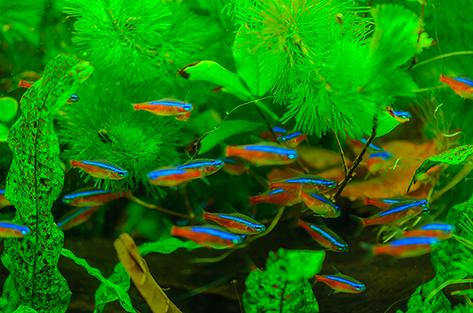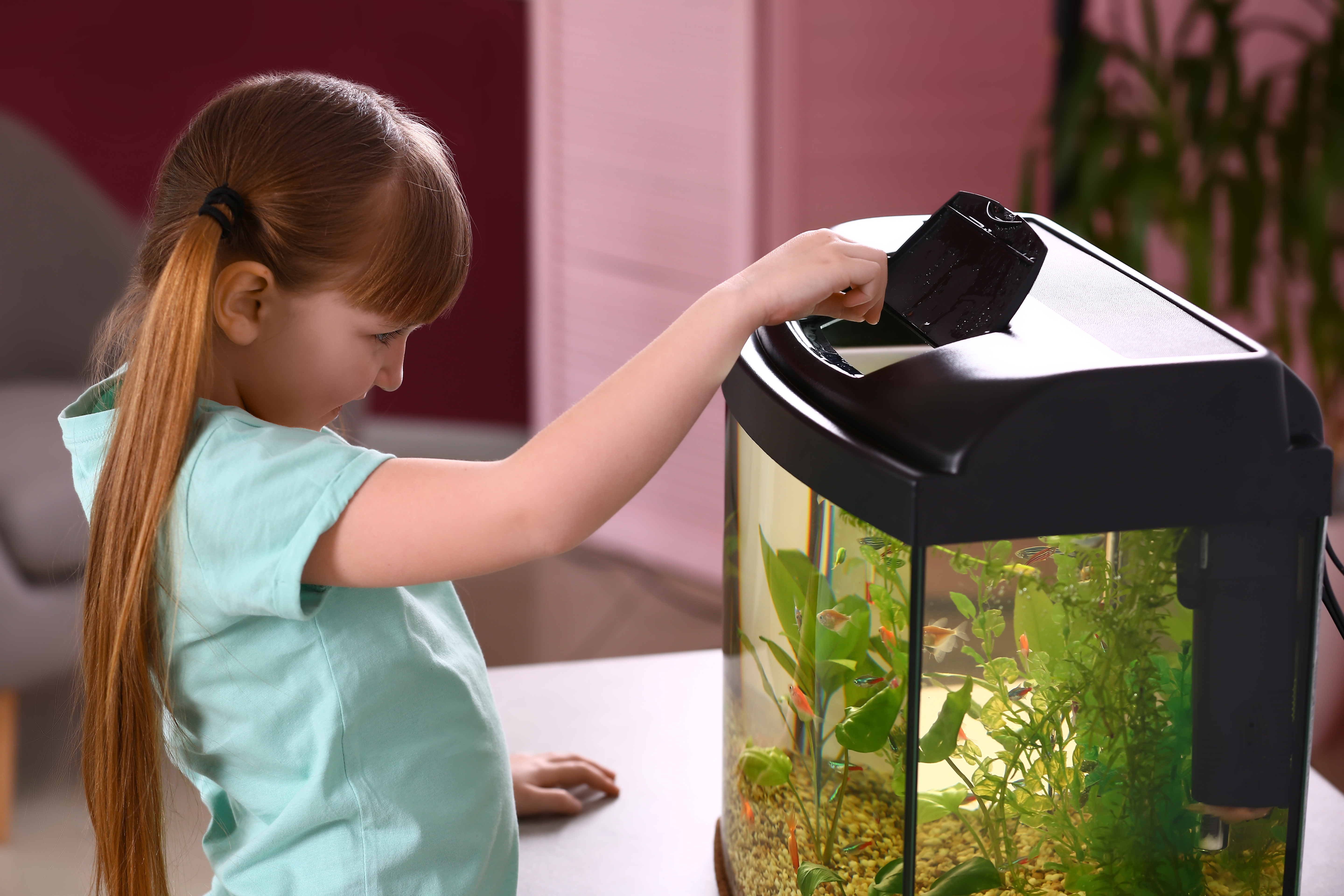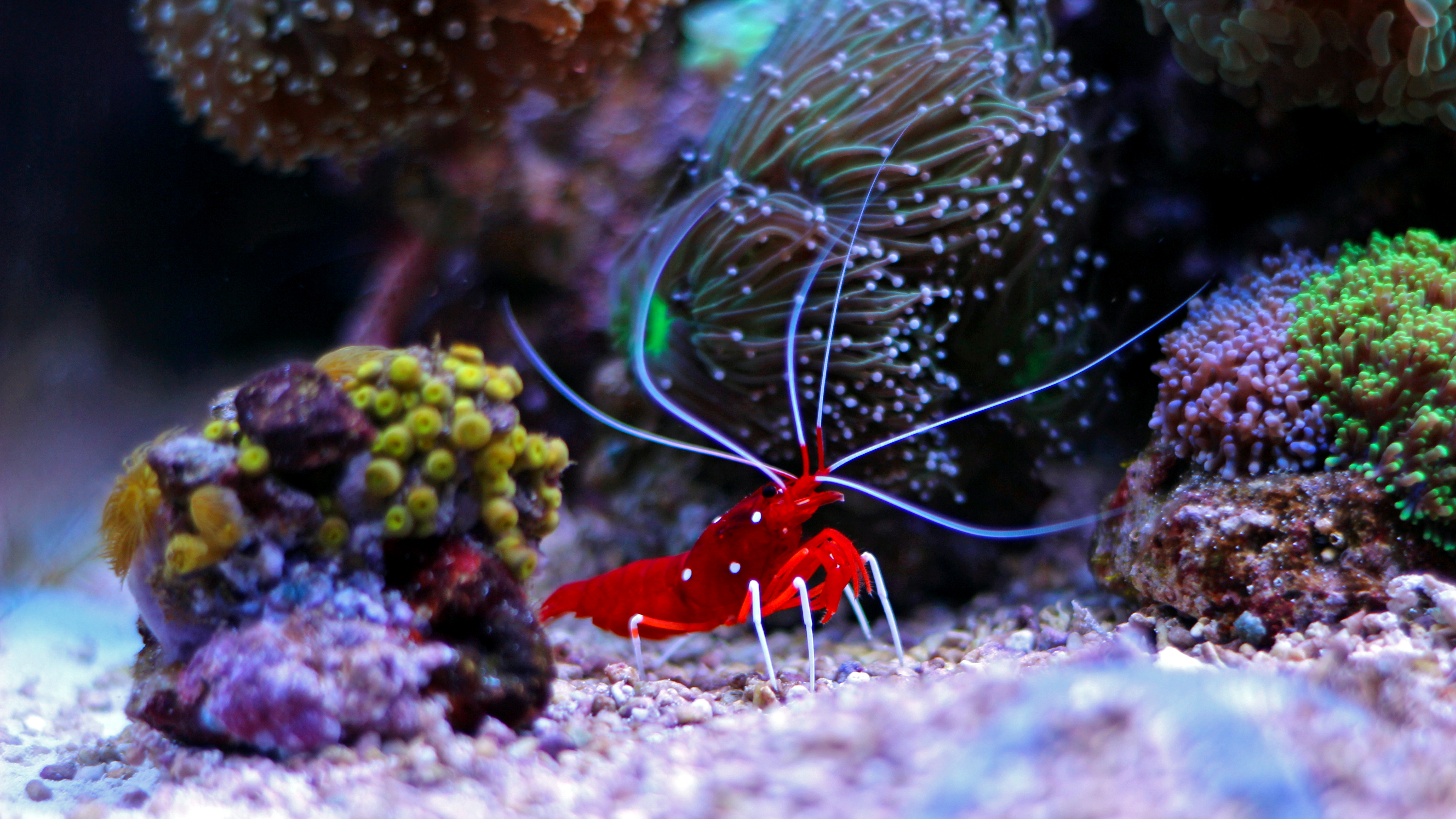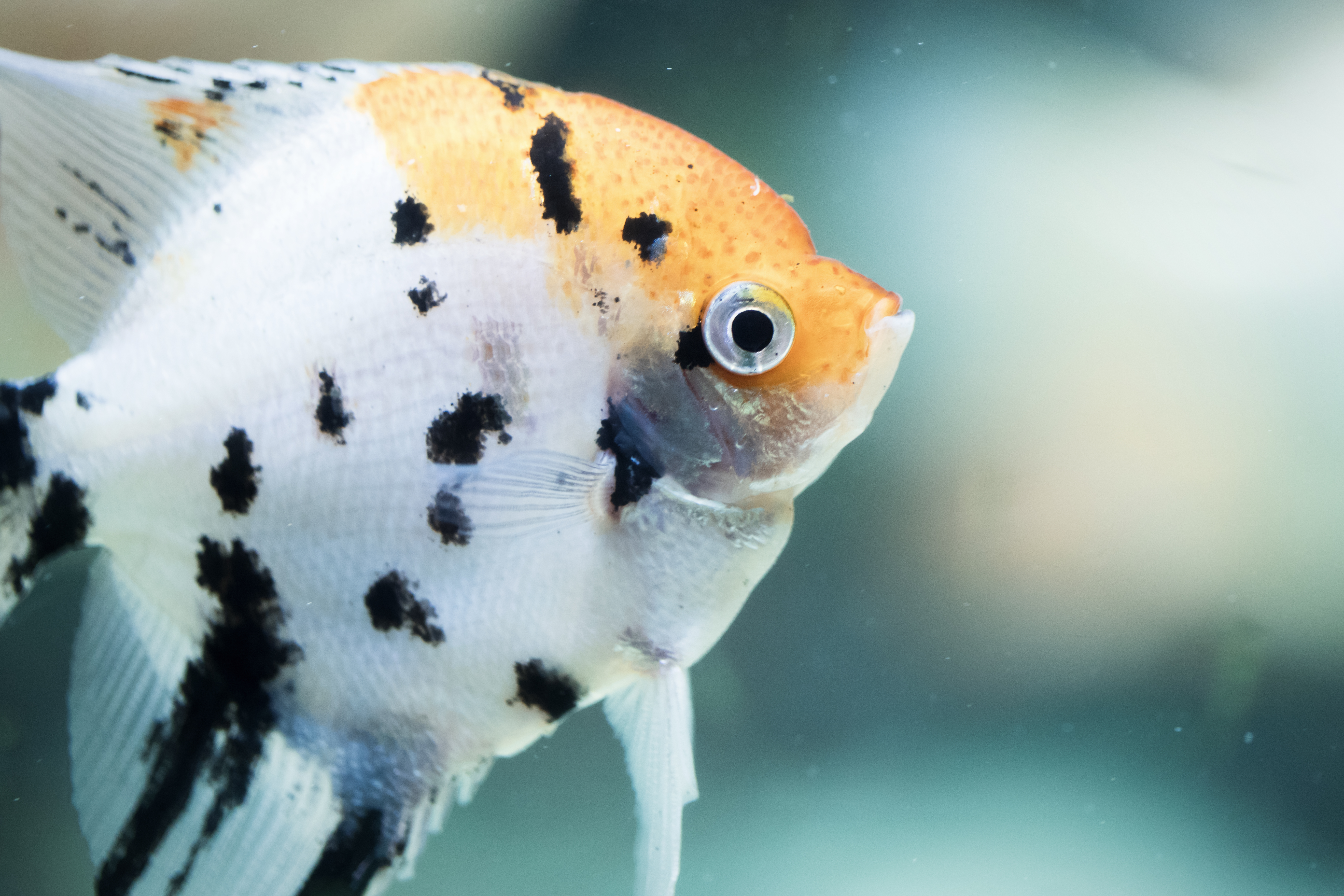Is There a Doctor in the Tank?
Joe Olenik //October 12, 2015//
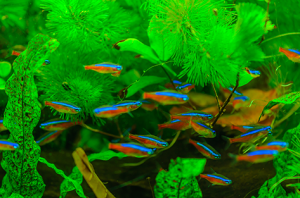 Sooner or later every aquarist will encounter a situation that calls for the use of some type of medication, so retailers need to be knowledgeable in disease diagnosis and management, and have a good selection of remedies in stock.
Sooner or later every aquarist will encounter a situation that calls for the use of some type of medication, so retailers need to be knowledgeable in disease diagnosis and management, and have a good selection of remedies in stock.
By the time a medical problem is noticed, typically the situation is urgent and the hobbyist can’t wait for an online order to arrive by mail. This puts aquatics shops in a unique position to help correctly diagnose and solve the problem by suggesting a remedy—which in turn gains a customer’s respect and loyalty.
Education Before Medication
By encouraging hobbyists to provide the best possible care for their aquatic livestock with regular use of supplements and trace elements, many problems can be avoided in the first place. As a retailer, helping customers be more successful and avoid problems will put extra dollars in your cash register.
Not all fish health problems call for medications. Many perceived diseases are actually a fish’s response to problems in the aquarium, such as poor water quality, improper diet or aggression from other fish.
“Before recommending any medication, our staff checks water quality and asks about the history of the aquarium,” said Jim Kostich, store manager at Aquatics Unlimited in Greenfield, Wisconsin. “In addition, having customers bring in digital photos of their fish has become very helpful in making accurate diagnoses.”
Considering Cures
When it comes to aquarium specific medications, API manufactures a comprehensive line that treats the most common tropical fish diseases. General Cure and Super Ick Cure are designed to kill parasites. E.M. Erythromycin, T.C. Tetracycline, Furan-2 and Triple Sulfa are effective antibacterial medications, and Fungus Cure liquid and powdered treatments kill fungal infections. For hobbyists who have an aversion to using chemicals in their aquariums, API’s Melafix and Pimafix provide an all-natural treatment for bacterial and fungal infections, respectively.
Aquarists should be advised to do small water exchanges before, during and after treatment programs, and carbon and other chemical filtration media should be removed from filters. Make sure they purchase enough medication to treat the net gallons per aquarium for the full recommended treatment cycle.
The customer should do a partial water exchange — which consists of filtering with carbon for 24 hours and beginning treatment with another product, removing the carbon again — if at the end of the treatment period, wanted results have not been achieved. Caution customers to never mix different medications unless the manufacturer specifically says it’s not harmful to do so, as with Mardel’s Maracyn and Maracyn-Two.
For the most part, medications should never be used in aquariums containing invertebrates. Removing snails, shrimp and other invertebrates or medicating fish in a separate quarantine tank is best.
Supplementing Sales
Aquatic retailers have a golden opportunity to generate add-on sales of supplements whenever selling livestock.
“Our sales team is naturally trained to recommend trace elements and liquid foods when selling live corals and plant supplements with live plant sales,” Kostich said.
Kent Marine and Brightwell Aquatics offer supplements for calcium, magnesium, strontium and trace elements, as well as specialty coral foods for full-sized and nano reef aquariums. Each product includes detailed instructions for use depending on current water parameters and the types of corals being kept. Regular testing of water quality and chemistry is a must for determining how much and how often to dose each aquarium.
With live planted aquariums enjoying a resurgence in the hobby, Aqueon’s Aquarium Plant Food, API’s Leaf Zone and Root Tabs, and Seachem’s Flourish line of specific plant nutrients help aquatic gardeners get optimum results.
For plant enthusiasts who want to use carbon dioxide, but can’t afford pressurized injection systems, API’s CO2 Booster and Seachem’s Flourish Excel provide a liquid carbon supplement that can be added on a daily basis. These supplements displayed next to a jaw-dropping planted aquarium are sure to fly off the shelf
The directions on many aquarium supplements suggest weekly dosing according to the total gallons in an aquarium. Since living things use nutrients and trace elements on a daily basis, teach your sales staff to recommend dividing a weekly dose up into smaller amounts and dose several times during the week.
For large aquariums, automated dosing pumps like Eshopp’s IV marine and freshwater systems make sense. Have a working model on display and take orders to avoid tying up capital in inventory.
Aquarium medications are usually not a planned purchase for hobbyists. By having knowledgeable staff to help properly diagnose diseases and a broad selection of treatments in stock at all times, aquarists will know to come to your store when they have problems. By helping them eliminate problems in the first place and giving their animals and plants the best possible care, they’ll continue to enjoy the hobby and have you and your staff to thank for it.
